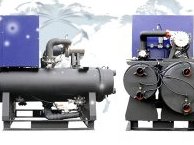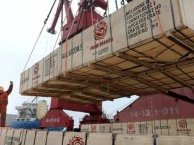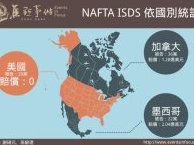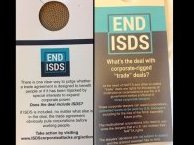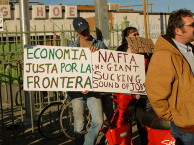Preferential treatment provided for in a free trade agreement is usually granted only to products originating from members of that FTA, so rules of origin are important. These are the criteria which determine the national origin of a product. The country of origin of a product is usually seen as the country where the last substantial transformation took place.
Enforcing and defining rules of origin for goods or services poses major problems. This issue has been very controversial in a number of agreements and trade unions and other critics have campaigned to highlight the ways in which rules of origin can be used and abused by governments and corporations alike. In particular there are concerns about the ease with which goods processed partly or fully in a third country can receive duty-free access under a bilateral agreement by being re-exported with just enough processing to satisfy rules of origin requirements. This is further complicated by the fact that different bilateral free trade agreements use different criteria to set rules of origin.
